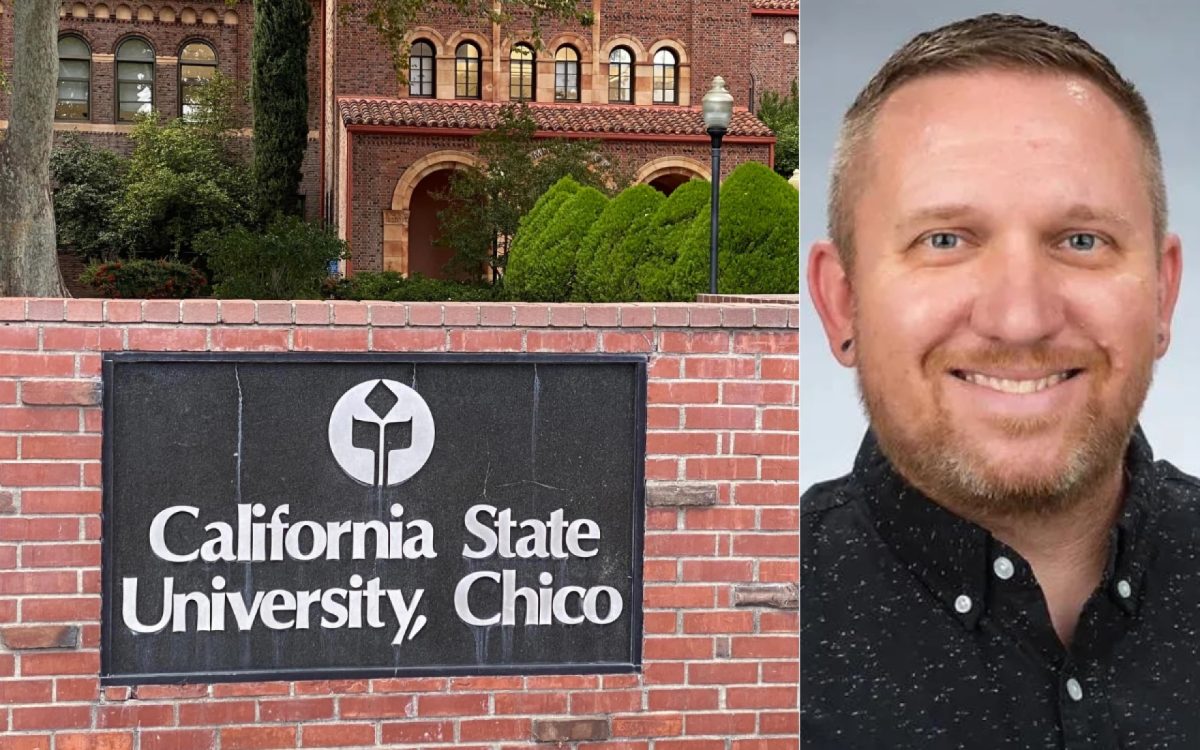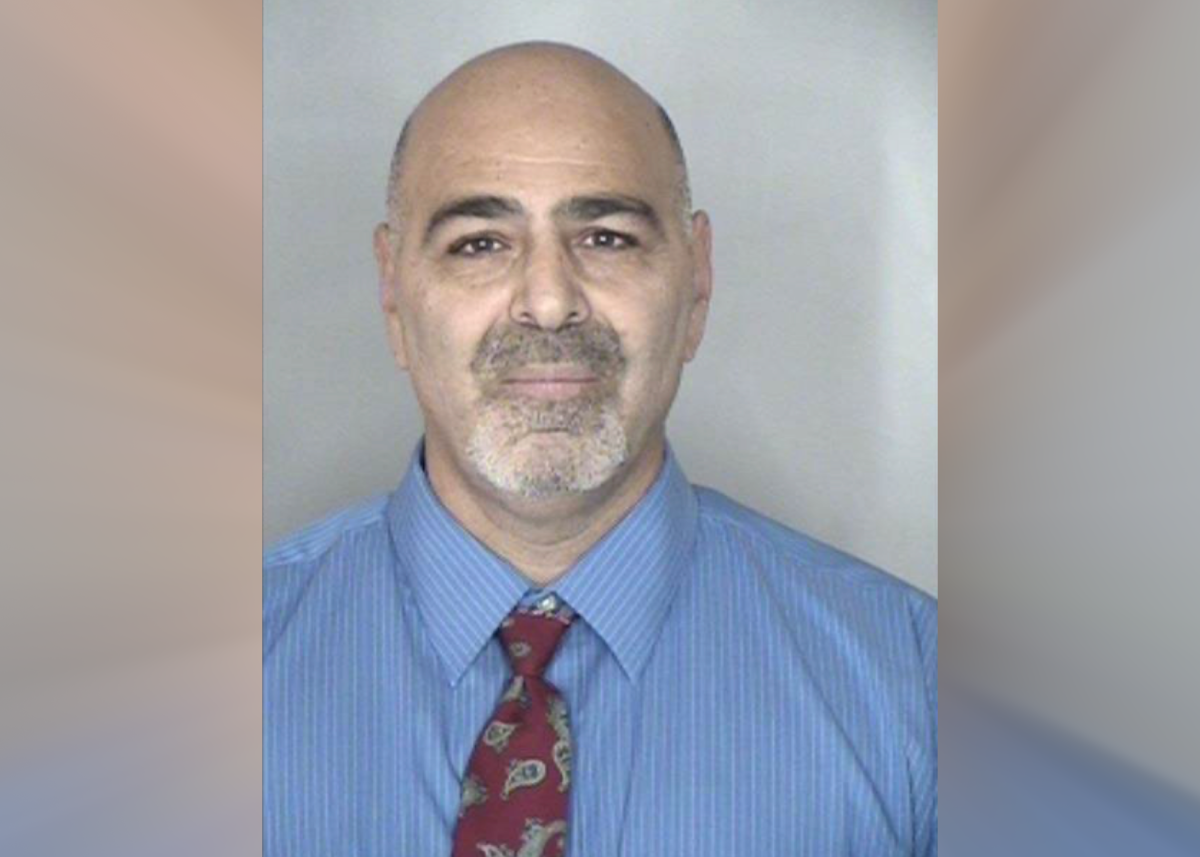
The California Department of Water Resources’ State Water Project has completely halted water delivery due to the drought.
Water will not be delivered to its 29 public water distributors because of the current drought, said Ted Thomas, an information officer at the Department of Water Resources. An exception to this change is last year’s carry-over water, which is used for drinking and personal sanitation.
California’s general public and the farming community can expect this to affect them, even if they don’t receive water through this project, said David Daley, associate dean of the College of Agriculture and the University Farm’s administrator.
The University Farm doesn’t receive water from the state, it pumps groundwater from wells, he said.
However, with fewer farmers receiving allocations, more will depend on groundwater, which is already diminishing because of the drought, Daley said. The water table will go down and even rainfall cannot help the situation.
“We would require major, heavy storms from now through May to even come close to normal, and we would still be lacking,” Daley wrote in an email. “All anyone needs to do is look at the current level of Lake Oroville, Lake Shasta and the nonexistent snow pack to recognize that one storm is helpful, but insignificant in the context of a drought that has broken all records.”
Ranchers Christine Hantelman and Shannon Douglass, vendors at the Chico Farmers Market, say they have and will continue to be indirectly affected by the halt of water deliveries.
Hantelman and Douglass said they do not depend on water allocations, but there hasn’t been enough rainfall to fill the ponds and pools that usually fill up seasonally, the ranchers said. They must turn to groundwater to quench their livestock’s thirst, which can hurt their aquifers.
Hantelman and Douglass both said that they have sold some of their herds to reduce the number of mouths dependent on them.
While Hantelman said she still plans to stay in business, Douglass said March 1 might be her last farmers market for quite some time.
“People looking for local food?” Douglass said. “They’re going to feel it very quickly.”
The only parts of Butte County that will be directly affected by the lack of allocations are the Oroville area and some agricultural districts, Thomas said. Aquifers in the San Joaquin Valley will be most impacted.
This multifaceted problem is definitely going to affect consumers this year and in 2015, said Colleen Cecil, executive director of the Butte County Farm Bureau, a nonprofit advocacy organization that protects and promotes agricultural interests.
It is too early to know for certain but, depending on the commodity, prices can rise if demand exceeds supply, Daley said.
California provides nearly half of all American-grown fruits, nuts and vegetables, according to the California Department of Food and Agriculture.
“We ship products throughout the United States, the fresh fruits and vegetables, and we ship products throughout the world,” Daley said. “So it’s not so much, ‘Well, what’s just the impact on Chico?’ This is a major impact on all of California, on all of agriculture. But really, the public in general, because we’re waiting to see what this means.”
Yessenia Funes can be reached at [email protected] or @theorion_yfunes on Twitter.













